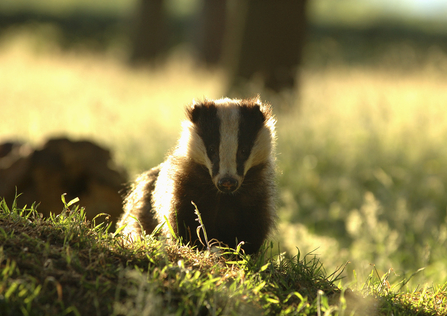If you were to have read several of the newspaper reports last week on the recent Government announcement, you may be forgiven for thinking that the future for badgers is bright. However, the Government announcement signalled that it is going to end issuing badger cull licences, which does not amount to them ending culling any time soon. In fact, intensive badger cull licences will continue to be issued up to 2022. Given that cull licences run for four years that means that the end date for badger culling will be 2025!
The recent announcement also included the launch of a Government consultation on their exit strategy from intensive badger culling, which includes a transition to badger vaccination, the deployment of a cattle vaccine (in five years) and other cattle disease control measures. This consultation will run up until March 24, 2021. George Eustice used this “good news” story to share the shocking number of badgers that were shot in 2020 across England, which is estimated to be a minimum of 38,642 culled in autumn 2020. This takes the total number of badgers culled since the legal shooting began in 2013 to 140,830 badgers. Last week’s announcement on bringing an end to the cull means that over 100,000 badgers could still be shot up to the date when the cull licences expire in 2025. The overall badger population in England and Wales is estimated at somewhere between 400,000 and 500,000 (the most accurate figure puts the number at around 485,000 badgers). So, by the time the cull is finished in four years’ time over 50% of the badger population may well have been killed.


